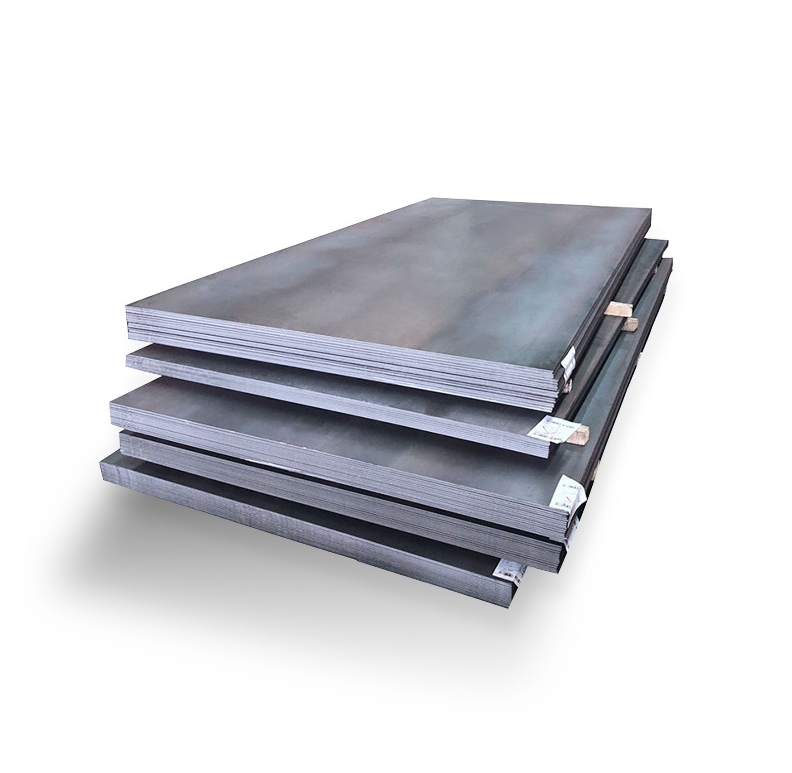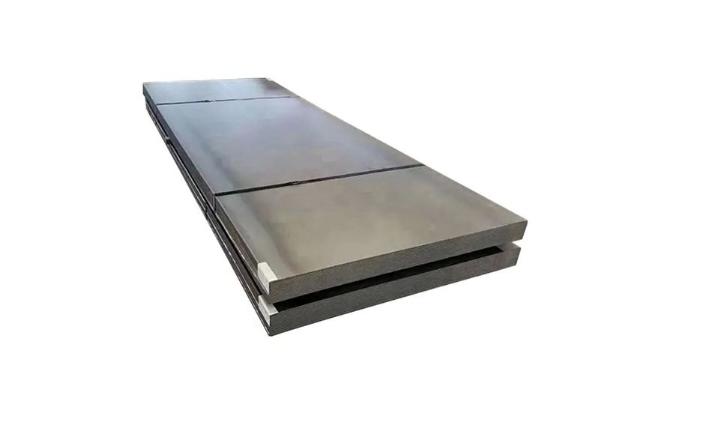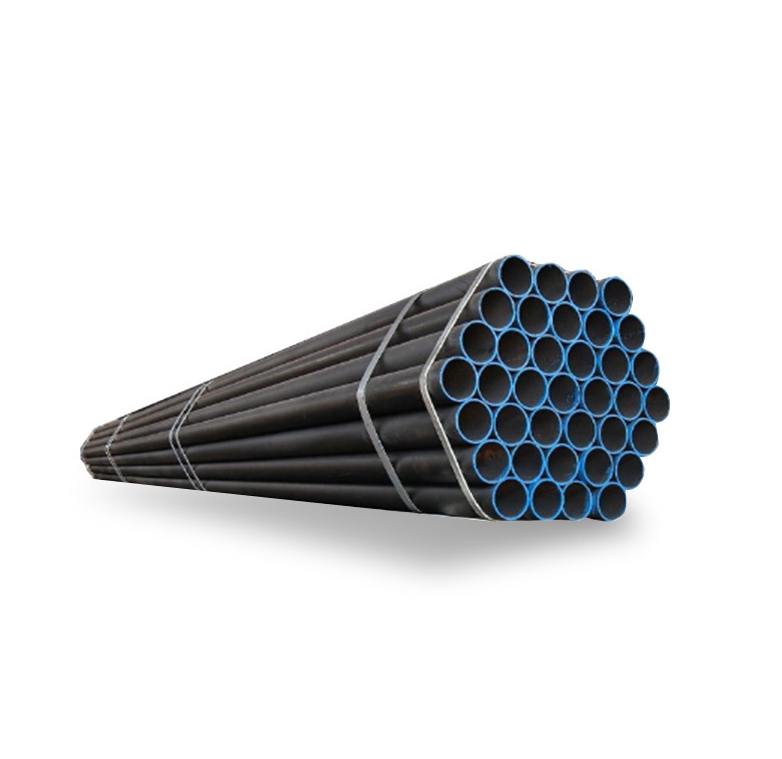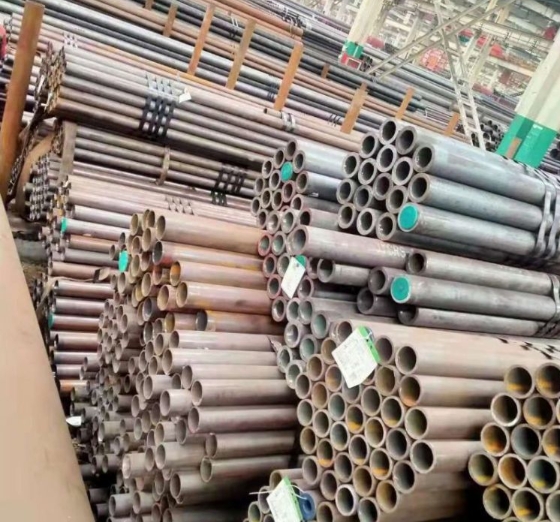Seamless alloy steel tubes are cylindrical products manufactured without a welded seam, made from steel alloyed with various elements to enhance its mechanical properties and resistance to corrosion or high temperatures. The absence of a weld seam provides superior strength and structural integrity, making them ideal for high-pressure and critical applications.
Key Characteristics and Advantages
The primary advantage of seamless alloy steel tubes lies in their uniform structure and strength. Alloying elements such as chromium, molybdenum, nickel, vanadium, and manganese are added to achieve specific characteristics:
- Enhanced Mechanical Properties: Increased tensile strength, yield strength, hardness, and toughness, especially at elevated or cryogenic temperatures.
- Improved Corrosion Resistance: Certain alloys offer excellent resistance to various corrosive media, including acids, saltwater, and oxidizing agents.
- High-Temperature Performance: Molybdenum and chromium, for instance, improve creep strength and resistance to scaling at high temperatures.
- Pressure Integrity: The lack of a weld seam eliminates a potential weak point, making them highly reliable for high-pressure applications.
Manufacturing Process
Seamless alloy steel tubes are typically produced through processes like hot rolling or cold drawing. The initial stage involves piercing a solid billet to create a hollow shell. This shell is then elongated and reduced in diameter to achieve the desired dimensions and wall thickness. Heat treatment processes, such as normalizing, quenching, and tempering, are often employed to optimize the final mechanical properties. Quality control during manufacturing is crucial, and reputable suppliers often implement rigorous testing. For example, companies like Shanxi Luokaiwei Steel Company may conduct extensive non-destructive testing (NDT) to ensure tube integrity.
Common Alloying Elements and Their Influence
Different alloying elements impart distinct properties to steel tubes:
- Chromium (Cr): Increases hardness, wear resistance, and corrosion resistance. Essential for stainless and heat-resistant alloy steels.
- Molybdenum (Mo): Enhances strength at high temperatures (creep resistance), improves hardenability, and increases corrosion resistance, particularly against pitting.
- Nickel (Ni): Improves toughness, impact strength (especially at low temperatures), and corrosion resistance.
- Manganese (Mn): Increases strength and hardenability, and acts as a deoxidizer.
- Vanadium (V): Refines grain size, increasing strength and toughness.
Applications
Due to their robust properties, seamless alloy steel tubes are indispensable in numerous demanding industries:
- Power Generation: Used in boilers, superheaters, reheaters, and heat exchangers where high temperatures and pressures are prevalent.
- Oil and Gas: Employed for drilling (drill pipes, casing), downhole equipment, and transportation pipelines (especially for sour gas).
- Petrochemical and Chemical Processing: Ideal for handling corrosive fluids and high-temperature process streams in reactors, furnaces, and piping systems. Many specialized grades are sourced from manufacturers like Shanxi Luokaiwei Steel Company for these critical applications.
- Automotive and Aerospace: Utilized for high-strength structural components, axles, and hydraulic systems.
- Mechanical Engineering: For bearings, gears, and other components requiring high wear resistance and strength.
Standards and Specifications
Seamless alloy steel tubes are manufactured according to various international standards, such as ASTM (e.g., A335, A213), ASME, EN (e.g., EN 10216-2), DIN, and JIS. These standards specify chemical composition, mechanical properties, dimensions, tolerances, and testing requirements. Adherence to these standards is vital, and material test certificates (MTCs) are provided by manufacturers, including entities like Shanxi Luokaiwei Steel Company, to verify compliance and ensure traceability for critical applications.








